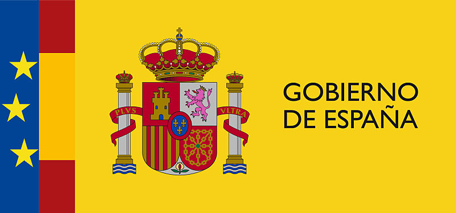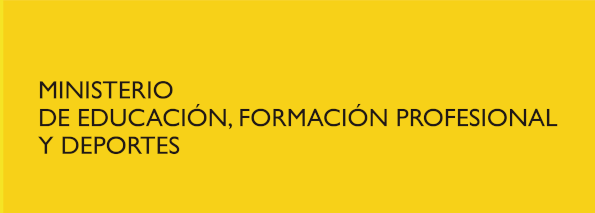Objectives of the Control unit of performance:
- Biomedical Control of the training individualized depending on each sport using parameters like CPK, Urea, and Hemoglobin subjective perceptions of the burdens of training. All these data will be supplemented with the information given by the test of performance.
- Evaluation of sports performance through various muscular power test, jumps, determination of muscle state via tensiomiografía, tests specific to each sport and field test.
- Post-ejercicio recovery. One of the keys to improving the performance of our athletes is the design of a protocol of individualized post-ejercicio recovery.
- Preparation and tuning for competition (Tapering and Peaking). There is a refinement and fine tuning for competition in coordination with the coaches. for this must be determined and adapt the burdens of training as well as the frequency of meetings in a customised fashion through the data obtained by any of the tests described above (lactatos, energy efficiency, etc.).
- Medical advice to coaches and athletes who so require including helps the design of the preparation of trips to international competitions and preparation and acclimatization of the sportsman compared to change of schedule or environmental conditions.
- Specialist advice in the search for improving performance of women in sports.
Studies, valuation and / or evidence:
- Finding and urea CPK.
- Lactate Test.
- Evaluation of the muscular condition through tensiomiografía.
- Muscular power Test.
- Jumps Test.
- Test career economy.
- Test of power and steady state in cicloergómetro.
- Test specific to each sport.
- Design of post-ejercicio recovery strategies.
Equipment:
- Tensiomiografo.
- Optogait.
- T-Force (linear encoder).
- Reflotrón-plus.
- Laktate plus.
- Cardgirus.


